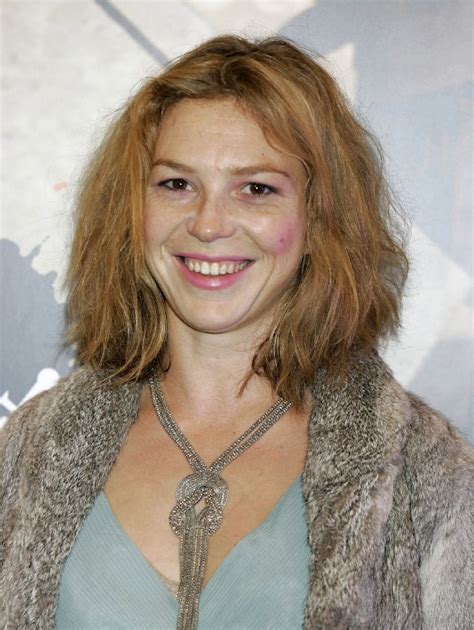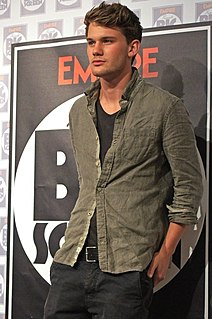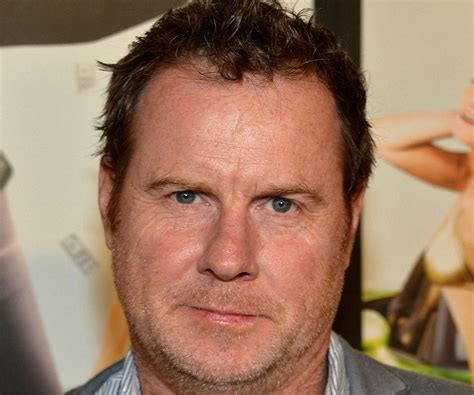A Quote by Perdita Weeks
It was a little bit strange as an English woman cast in 'Rebellion.' I read up about the events and, honestly, I knew very little about it to begin with it. It wasn't something that they cover in English schools at all.
Related Quotes
It's not often that you get to read something that just feels very original for a star but also something that feels like it's more than just a movie or entertainment. Even though the riots were one of the most pivotal riots in civil rights history, especially for the LGBT community, I knew surprisingly very little about them. You don't learn about Stonewall in schools. It's a bit gross really! So it certainly felt like something that was quite important.
Well, English is no problem for me because I am actually English. My whole family are English; I was brought up listening to various forms of the English accent. Obviously there are more specific ones that get a little bit tricky. Same with American stuff. But because in Australia we're so inundated with American culture, television, this that and the other, everyone in Australia can do an American accent. It's just second nature.
Being someone who had had a very difficult childhood, a very difficult adolescence - it had to do with not quite poverty, but close. It had to do with being brought up in a family where no one spoke English, no one could read or write English. It had to do with death and disease and lots of other things. I was a little prone to depression.
My parents have always had a very limited command of English. Of course, when we first arrived in the UK, none of us spoke English, but it's much easier for a child to pick up languages. But the problem was not a lack of English; the problem was poor communication in any language. Remember, my parents came from rural Bangladesh with little education. It was alarming for them, I'm sure, to watch their boy very quickly exhaust whatever ability they had to teach the child something.
When I read the script [of Good Kill], it read like a science fiction film. And Andrew [writer/director Andrew Niccol] is known for sci-fi. But when I spoke to him, he said this picture was 100% factual, which blew my mind. I realized then how little I knew about the drone program. And I felt that, if I knew so little about it, there must be others who should be educated about what's going on.
One of the producers, Wonjo, was an amazing interpreter. I don't think we really knew how it was going to work at the beginning. Yet it was something that a couple of days into it seemed so seamless and it wasn't something that we noticed or thought about. A couple of times I cornered him and forced him to speak English but we didn't speak much English at all. That said, I don't think anything was ever lost in translation. It was all very easy.




































